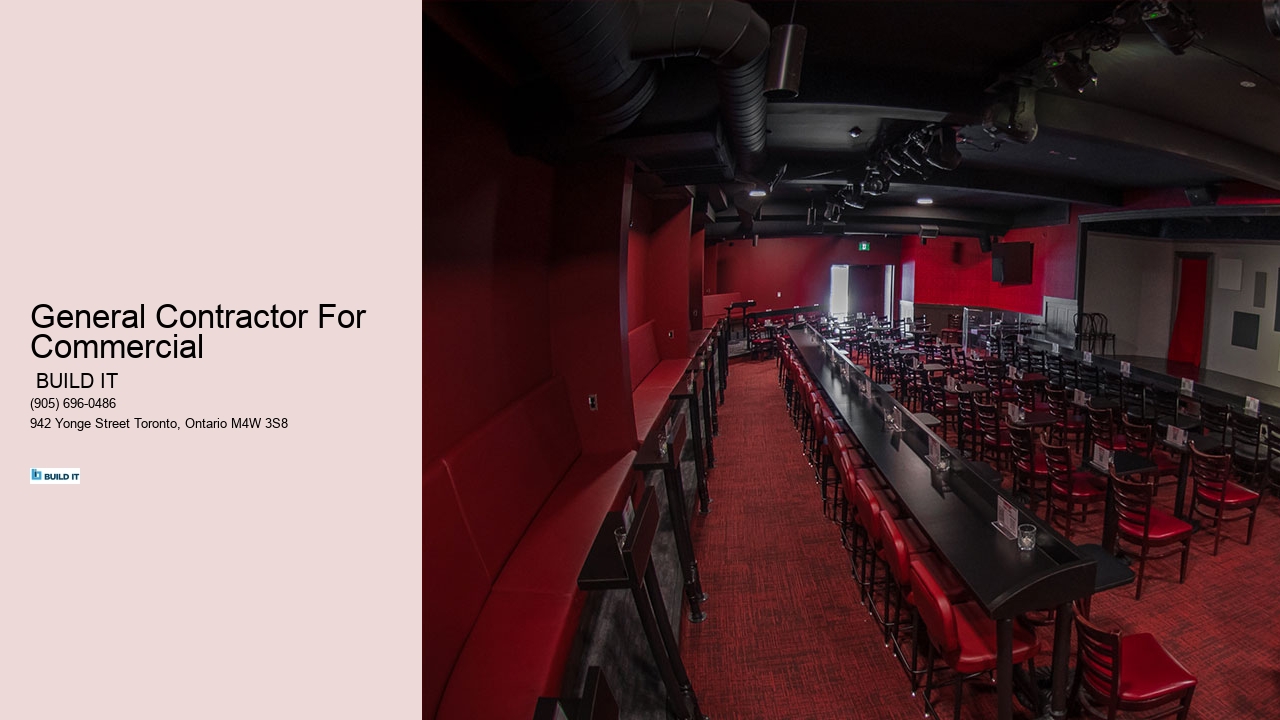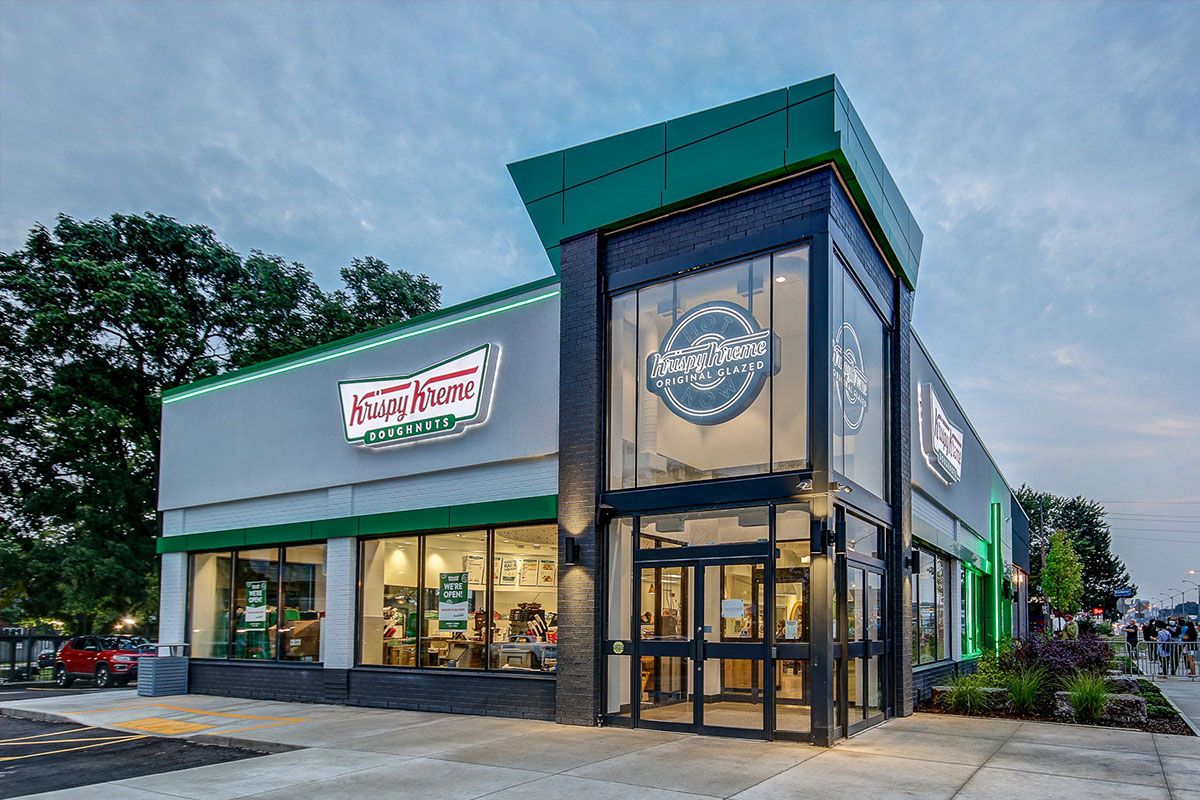

| Commercial Construction Services | |
|---|---|
| Commercial Builder | Experienced builder for all types of commercial projects. |
| Commercial Construction | Full-service construction for office, retail, and industrial spaces. |
| General Contractor Commercial Construction | End-to-end general contracting services for commercial sites. |
| Design Build Commercial Contractors | Integrated design and construction services for streamlined delivery. |
| Commercial Tenant Improvement Contractors | Custom interior build-outs and renovations for tenants and landlords. |
At BUILD IT Toronto, we design and build purpose-driven commercial and industrial spaces that help businesses flourish in one of Canada’s most fast-paced cities. Our expertise in quality construction, coupled with a collaborative approach, makes us the go-to partner for entrepreneurs and national brands alike. From retail and hospitality on Queen West to medical offices in North York and logistical facilities in Scarborough, our work can be seen across the city—and we’re just getting started.
We’re more than general contractors—we’re end-to-end builders. Our services span pre-construction planning, permit coordination, full design-build execution, and final delivery. Keeping the entire process under one roof lets us work more efficiently and communicate more clearly—ensuring your project stays on time and within budget.
With deep roots in Toronto, we understand the local challenges—from intricate zoning regulations to working in high-density environments. Our experienced teams have delivered successful builds across the GTA, including in Mississauga, Etobicoke, Vaughan, and the city core.
We bring this local knowledge to every sector we serve: restaurants, retail stores, healthcare clinics, office spaces, industrial builds, and franchise expansions. Every project is guided by strict safety standards and building codes, while also being thoughtfully designed for day-to-day use.
What truly sets us apart is how we treat our clients. We see each project as a partnership, listening first and tailoring our strategies to your needs. Real-time tools keep you informed, while our experienced team ensures quality and clarity throughout.
If you’re planning a build or renovation in Toronto, choose BUILD IT Toronto for a space that’s functional, stunning, and built for success. Let’s build something exceptional—together.

Commercial construction is a broad field that encompasses the building and leasing of spaces within the commercial sector, including offices, retail centers, warehouses, and industrial buildings. These projects are typically designed to generate income for owners or investors. Residential construction, on the other hand, focuses on housing individuals or families and includes single-family homes, apartments, condominiums, and townhouses. The purpose of each type dictates unique approaches to planning and design — commercial projects must consider factors like foot traffic and parking space for customers while residential builds prioritize comfort, privacy, and practicality for living.
The choice of materials in commercial construction often leans towards durability and adherence to stricter building codes due to higher public usage. Steel frame structures are common in skyscrapers or large shopping complexes for their strength. In contrast, residential construction frequently employs wood framing due to its cost-effectiveness and aesthetic appeal for smaller-scale buildings. Design complexity also varies; commercial projects may require sophisticated architectural designs that incorporate advanced mechanical systems for elevators or escalators as well as specialized infrastructure like loading docks or refrigeration units in warehouses.
Navigating legalities presents distinct challenges in both sectors. Commercial contractors must adhere to a stringent set of local zoning laws, building codes, fire regulations, Americans with Disabilities Act (ADA) requirements among others that dictate how a structure can be used commercially. These regulations ensure public safety in environments where people work or shop. Residential constructions comply with less rigorous standards but still follow important guidelines ensuring dwellings are safe and habitable with proper electrical wiring, plumbing systems, insulation levels among other considerations.
Economically speaking, the scale of investment differs significantly between the two types of construction. Commercial projects generally involve more stakeholders including developers, investors
Before diving into a commercial property renovation, it's crucial to have a clear understanding of the project's scope. Property owners should define what they intend to achieve with the renovation, whether it's updating aesthetics, improving functionality, or complying with new building codes. This will help in determining the extent of renovations needed and assist in creating detailed plans that can be communicated effectively to contractors.
A comprehensive contract is at the heart of any successful renovation project. This document should outline every aspect of the work to be done, materials used, timelines, payment schedules, and how changes to the plan will be managed. It acts as a legal agreement between property owner and contractor and ensures both parties are clear on expectations and deliverables. Ensuring all details are captured in the contract can prevent misunderstandings and disputes down the line.
Choosing the right contractor is paramount for commercial property renovations. Owners must conduct due diligence by checking credentials, experience, insurance coverages, and references from past projects similar in size and complexity. The ideal contractor should not only have a proven track record but also understand local regulations and permit requirements that pertain to commercial renovations.
Renovating commercial properties often involves significant investment. Property owners must establish realistic budgets that reflect actual costs including materials, labor, permits, contingencies for unforeseen issues that may arise during construction. A well-planned budget helps avoid cost overruns which could impact other financial aspects of their business operations or investment portfolios.
Commercial renovations typically require navigating through zoning laws and obtaining necessary permits. These regulations ensure that changes comply with local land use laws including parking requirements, building heights, densities among others; failure to comply can result in hefty fines or even have legal implications leading up to cessation of work on site until compliance is met.
For businesses operating out of commercial spaces being renovated it’s essential to make arrangements that minimize disruption during construction period which could affect day-to-day operations leading loss revenue staff productivity morale customers alike contingency plans such alternative workspaces adjusted operating hours temporary closures help manage these challenges while maintaining some level regular business activity throughout renovation process

Project size, weather, permitting, material availability, labor, and design changes all play a role.
Through regular training, safety plans, OSHA compliance, inspections, and use of protective equipment.
Search local directories, read reviews, check licensing boards, or ask for referrals in your industry.
They develop detailed estimates, manage costs, and track expenses against budget throughout the build.
It includes design, permitting, site prep, construction, inspections, and final handover.